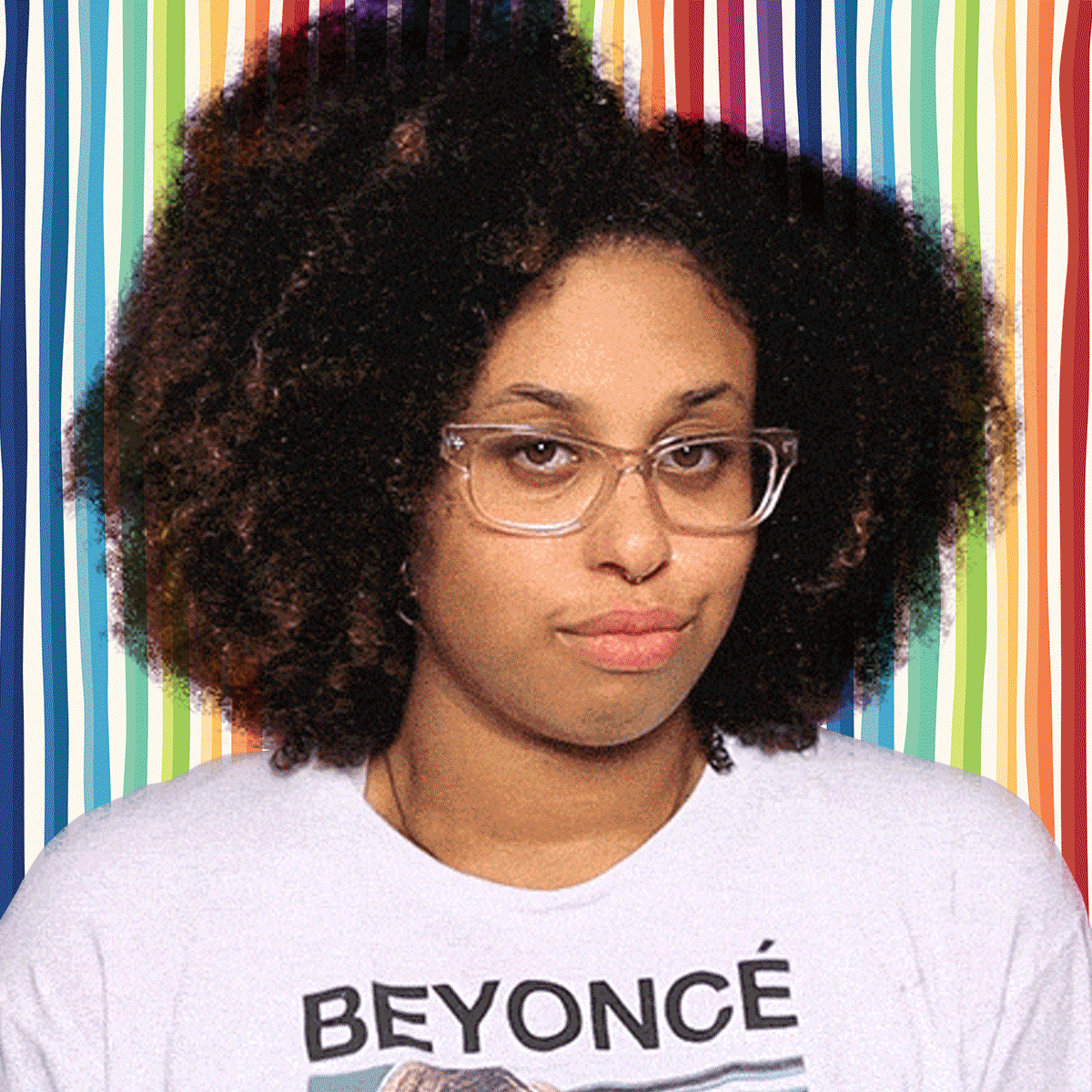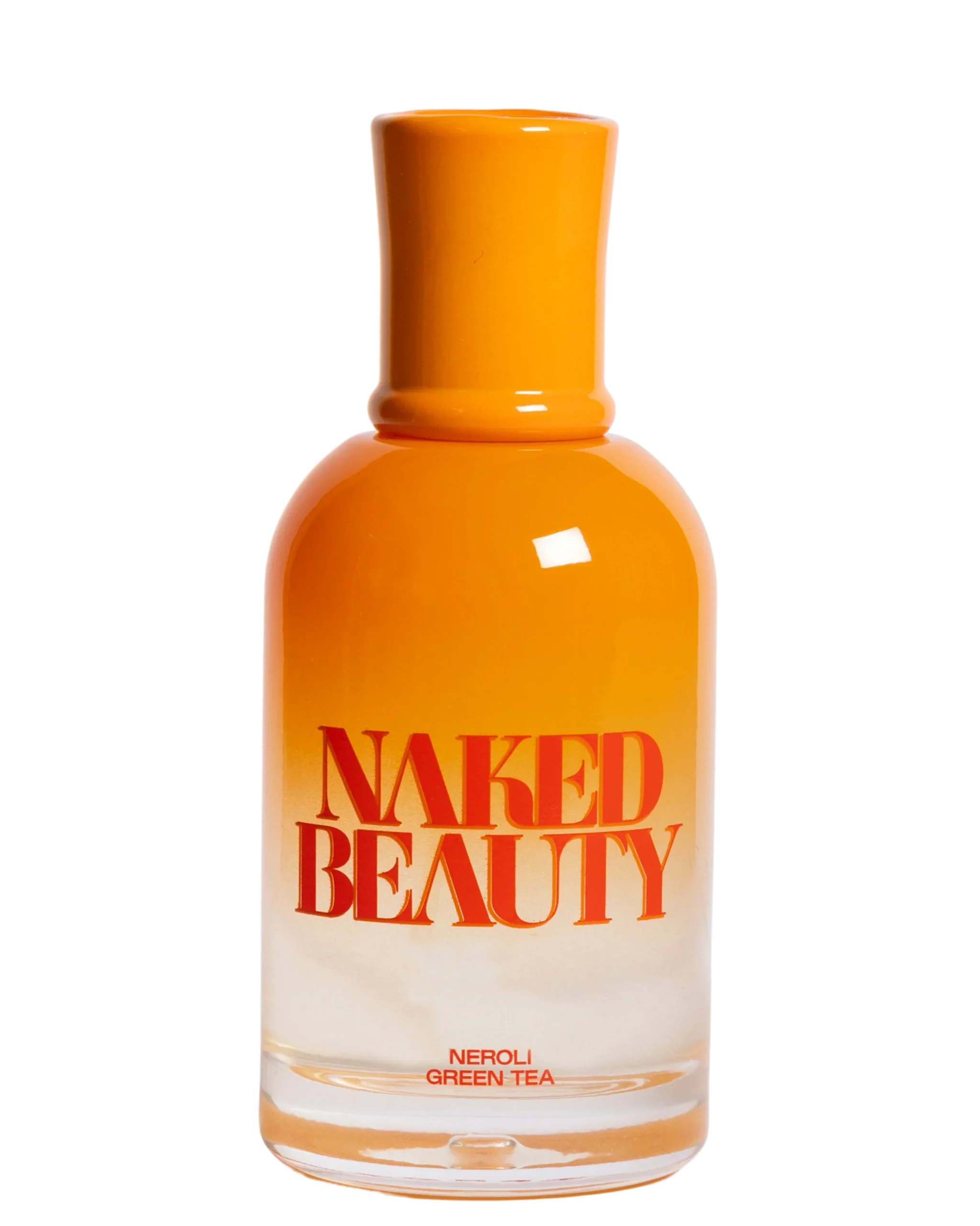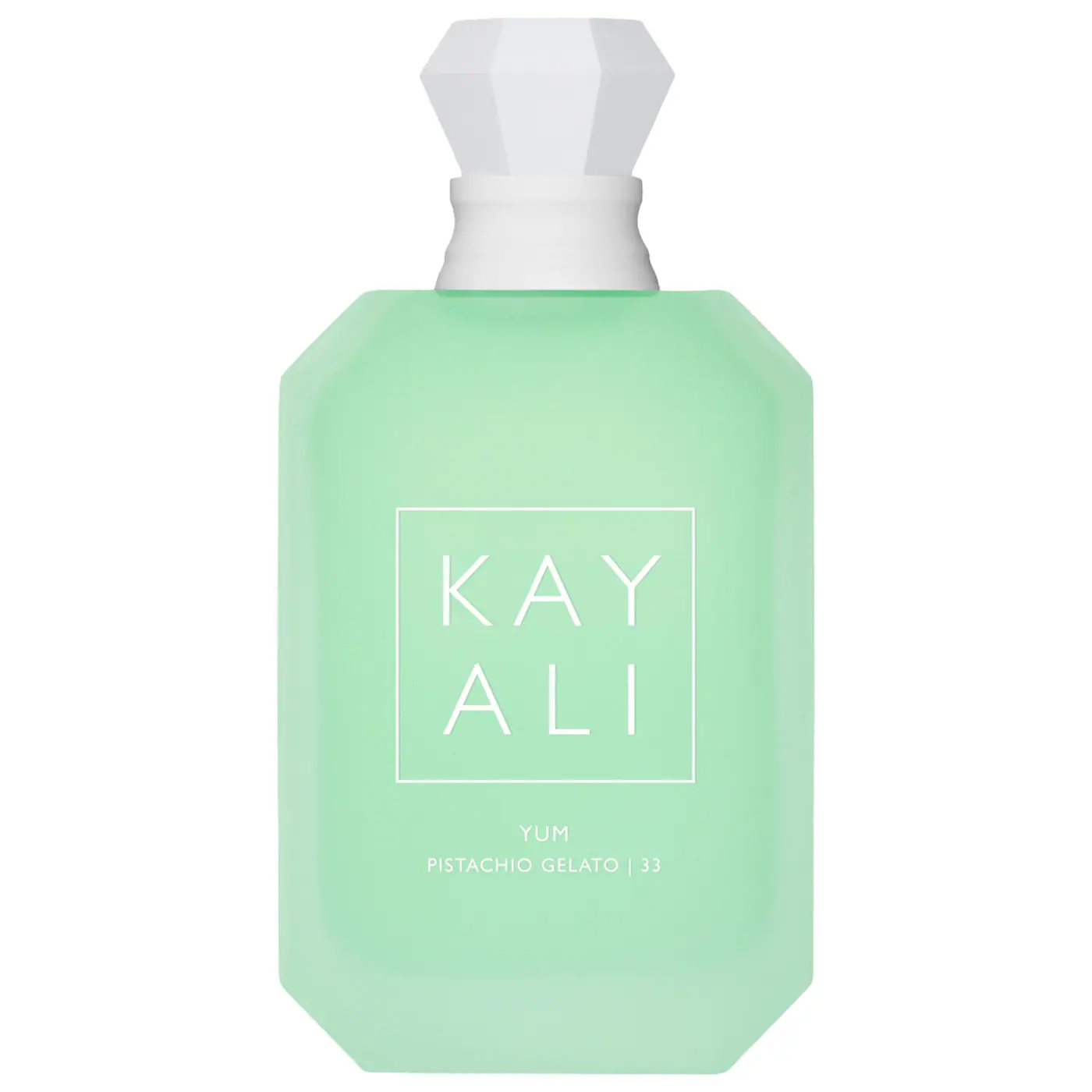
There’s a good chance you’ve seen or used a GIF created or curated by Jasmyn Lawson.
As Giphy’s culture editor, Lawson keeps a close eye on pop culture and partners with various outlets to bring GIF-loving web surfers the perfect content. But for the queen of GIFs, it’s not just about the perfect reaction or a flawless moment, Lawson wants to make sure that everyone perusing Giphy’s site sees themselves represented.
“To me, it’s asking: What’s missing? Who’s not being represented? And, personally, I look at it in terms of diversity and inclusion, all aspects: race, sex, gender, sexuality. And, then trying to be intersectional within those spaces.”
Her first major project for the GIF database involved making sure that black women were represented on the site. “If I’m going to work here I want to see myself as well. But, I’m a light-skinned girl with curly hair and we have enough images of light-skinned girls with curly hair. I want to see myself, but I want to make sure my friends and all other black women see themselves and different skin tones, different hair textures, different body sizes are all represented.”
Subscribe to our daily newsletter for the latest in hair, beauty, style and celebrity news.
Black History Month also provided the Spelman grad another opportunity to bring the culture to the forefront. Lawson worked with GIPHY Studios and illustrators to create animated GIFs that paid homage to the beauty of Black women’s hair and worked to curate the cool content Giphy already has, highlighting Black pioneers and leaders who often don’t get the hype they deserve.
“It was just the idea to highlight a lot of people we talk about, but don’t necessarily always get their flowers. You’ll know the name Toni Morrison, but then highlighting that she’s a Nobel prize-winning writer. She’s up there with Hemingway and all those other people. Also, ironically enough, I was saying to someone else while I was picking the list of people, ‘We need to highlight John Lewis. We have to highlight John Lewis.’ And, then, kid you not, two weeks later he became the hottest topic in town.”
Lawson is taking on Women’s History Month as well, aiding Giphy in curating GIFs of flawlesss ladies. She’s a champion of women, specifically Black women, as evidenced by her long-time love of Issa Rae.
“I am so inspired by her. I still remember the day I was at home on Tumblr and somebody I randomly followed had posted one of her YouTube videos, this was about 2010-2011, and I spent the entire day catching up on season one of Awkward Black Girl and I just became a deep fan. I gave money to her Kickstarter campaign to make sure there was a second season, I was really obsessed.”
But, Lawson’s love for the internet started well before 2010. “I’m an only child so I spent a lot of time at home just playing with technology and the internet. Having AOL dial-up and making sure no one called the house, so that I could stay online. But, I think I was always heavily involved.”
The internet has provided people an opportunity to create their own communities and spaces, which means it has often been a space where Black people thrive or find new ways to connect with friends on and offline.
“I had a Xanga page, a Black Planet page, and I made sure my Black Planet page was up to date with the dopest stickers. I was just talking about nonsense at 14. And, I had a Myspace page at 15 and I was obsessed. Me and my friends would literally spend weekends not going out, not going to the movies, but just going to each other’s houses to work on our Myspace pages and making dope layouts and picking the best music and I just had so much fun curating, basically, for myself on Myspace. So, the internet’s always been a fun place.”
It’s also been pretty cool to witness the rise of vloggers she’s followed from day one. Admittedly obsessed with YouTube, Lawson’s enjoyed seeing internet sensations like Kid Fury and X.D. tackle new opportunities and rise to new heights.
“It’s cool to see people be able to use the internet to leverage and launch an entire career or new opportunities and new access. I think for people of color, particularly black people, the internet has been able to provides us a lot more access then traditional ways.”
Still, the internet has its downside. Lawson acknowledges that it “can be a harmful space for us” despite the opportunities it brings. It can also be difficult getting credit for hard work. “It’s hard. I definitely go out of my way to make people know the things that I’ve worked on and things that I’ve done. I put my name on it and kind of give ownership to it. I’m learning how to deal with that and taking the attention, not just for me, but also for all of Giphy and to make the company as a whole better.”
However, the postive always outweighs the negative. Lawson often hears from people who enjoy the work she’s doing, marginalized groups who rarely see themselves represented.







Recalling a comment about Giphy’s Valentine’s Day content, which included curating GIFs for couples, she remembers working a bit harder to include LGBT couples of all ethinicities, work that one user was incredibly happy to see. “Someone was like, ‘Yes! Thank you so much to Giphy for being one of the few outlets that didn’t only have cishet love out there.’ That makes me very happy.”
“I’m happy that people can associate a face with a company like Giphy and realize that there’s somebody like me working for them and fighting to provide good representation and good content for them. It makes people feel good to have that content, it makes them feel seen.”






